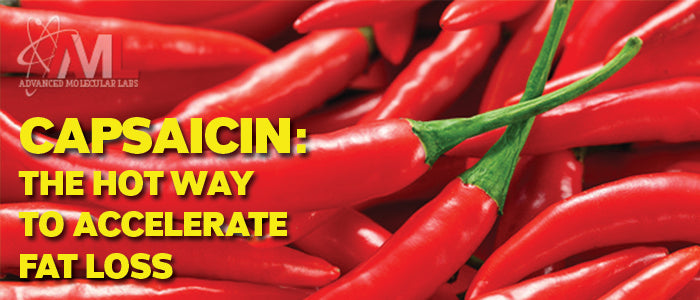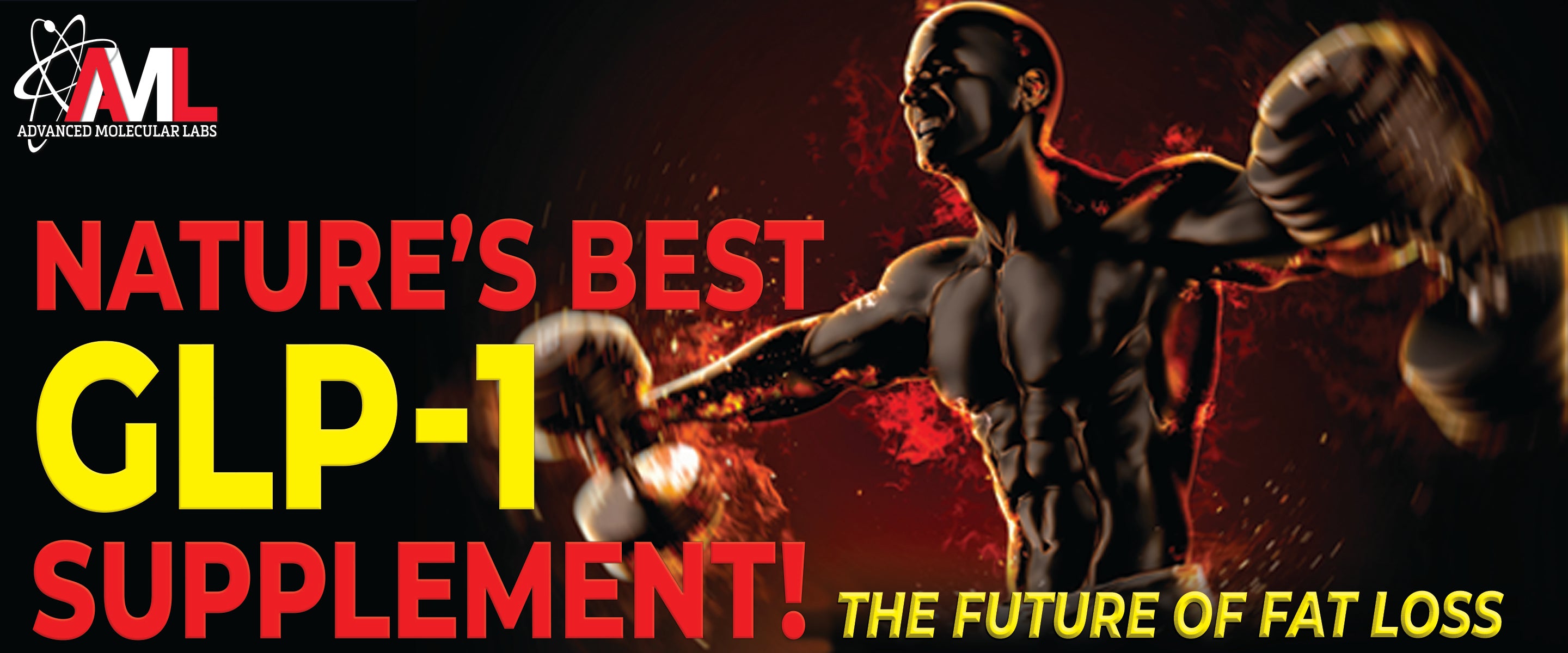


CAPSAICIN: The HOT Way to Accelerate Fat Loss
Capsaicin Makes You Feel Full
Capsaicin is a chemical found in red chili pepper used to make paprika, which is a spice used in chili and Mexican food. It reduces appetite and calorie intake and helps promote weight loss by releasing serotonin, a hunger-suppressing hormone, in the gut. A study from Maastricht University in the Netherlands found that supplementing capsaicin increased satiety and fullness and prevented overeating in people in energy balance (balance between calories in and calories out). Capsaicin also decreased the desire to eat after dinner during caloric restriction. While we have little information about the long-term effects of capsaicin, it appears to decrease appetite, reduce caloric intake and increase metabolic rate.
Capsaicin Activates Genes Involved in Appetite and Calorie Burning
Capsaicin is a chemical found in red chili pepper used to make paprika, which is a spice used in chili and Mexican food. It reduces appetite and calorie intake and helps promote weight loss by releasing serotonin, a hunger-suppressing hormone, in the gut. An Indian study on mice found that supplementing with capsaicin reduced appetite by altering gene activity in the appetite control center in the brain, and increasing metabolic rate by stimulating brown adipose tissue (BAT). BAT loses energy as heat instead of storing it as fat, a process called thermogenesis. Capsaicin increased thermogenesis in white fat by making the cells more like BAT. Capsaicin also altered the microbes in the gut so that they metabolized more fat. Capsaicin is an effective component in weight-loss supplements.
References:
(Appetite, 77: 46-51, 2014)
(The Journal of Nutritional Biochemistry, published online May 2, 2014)




